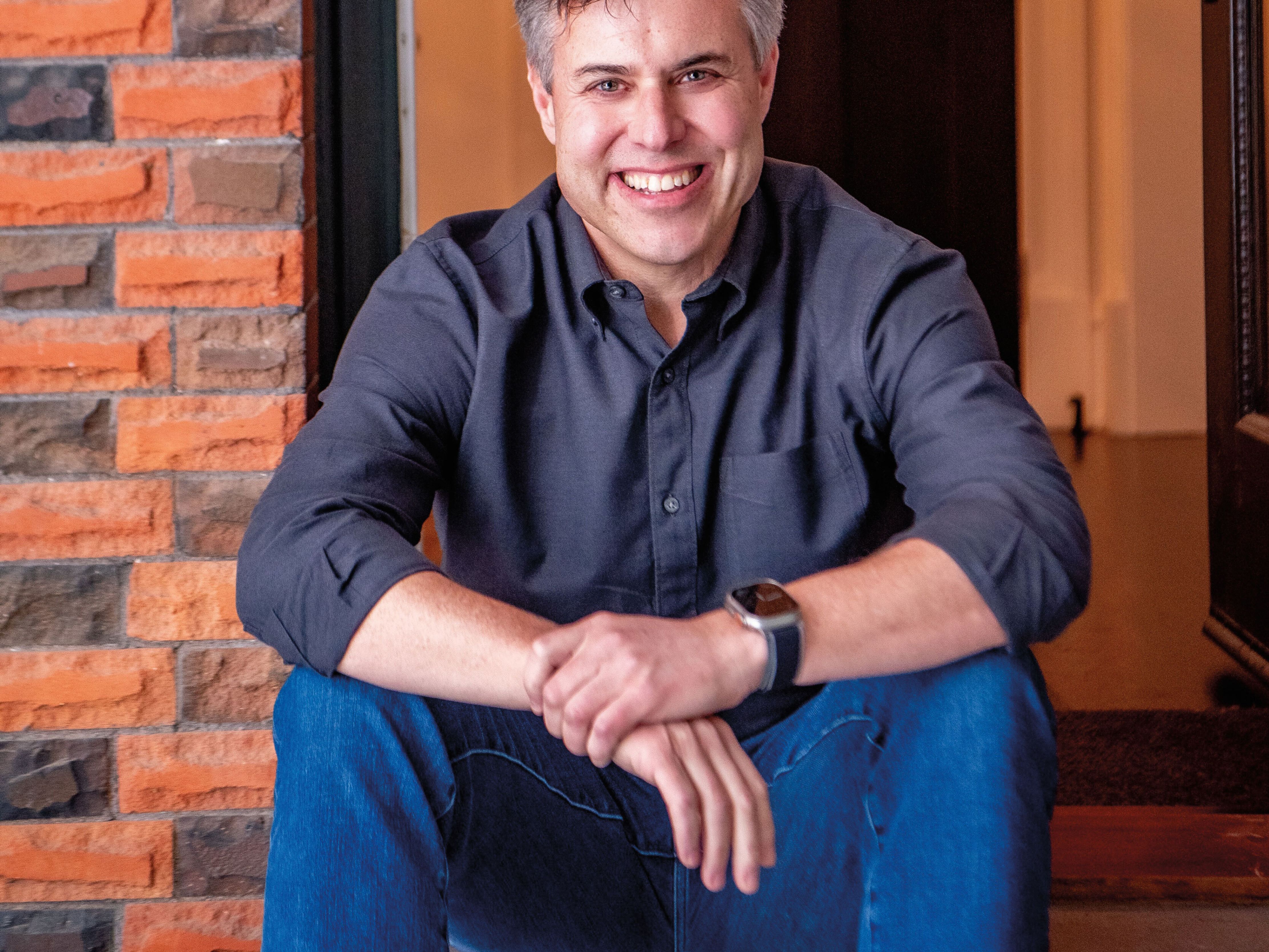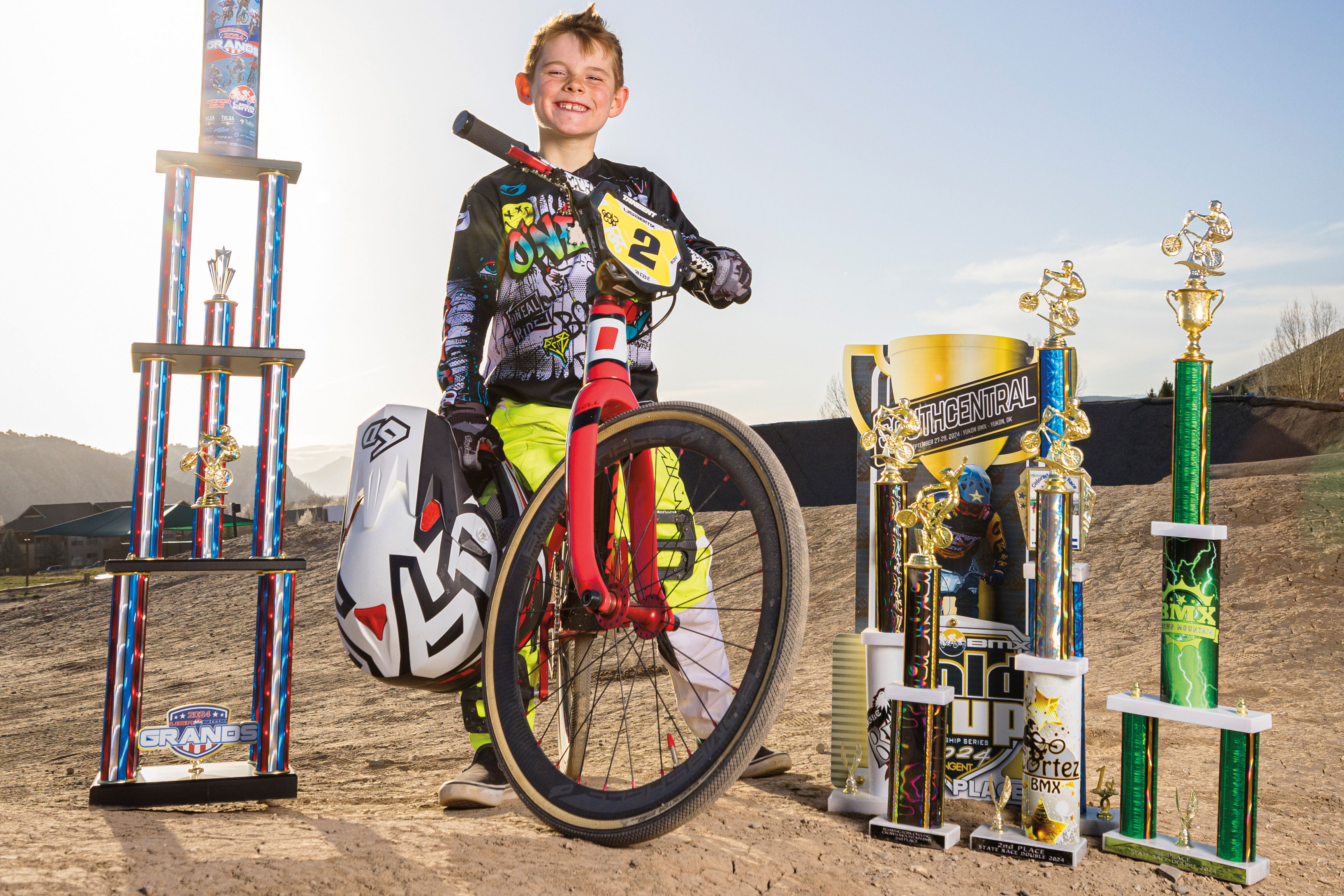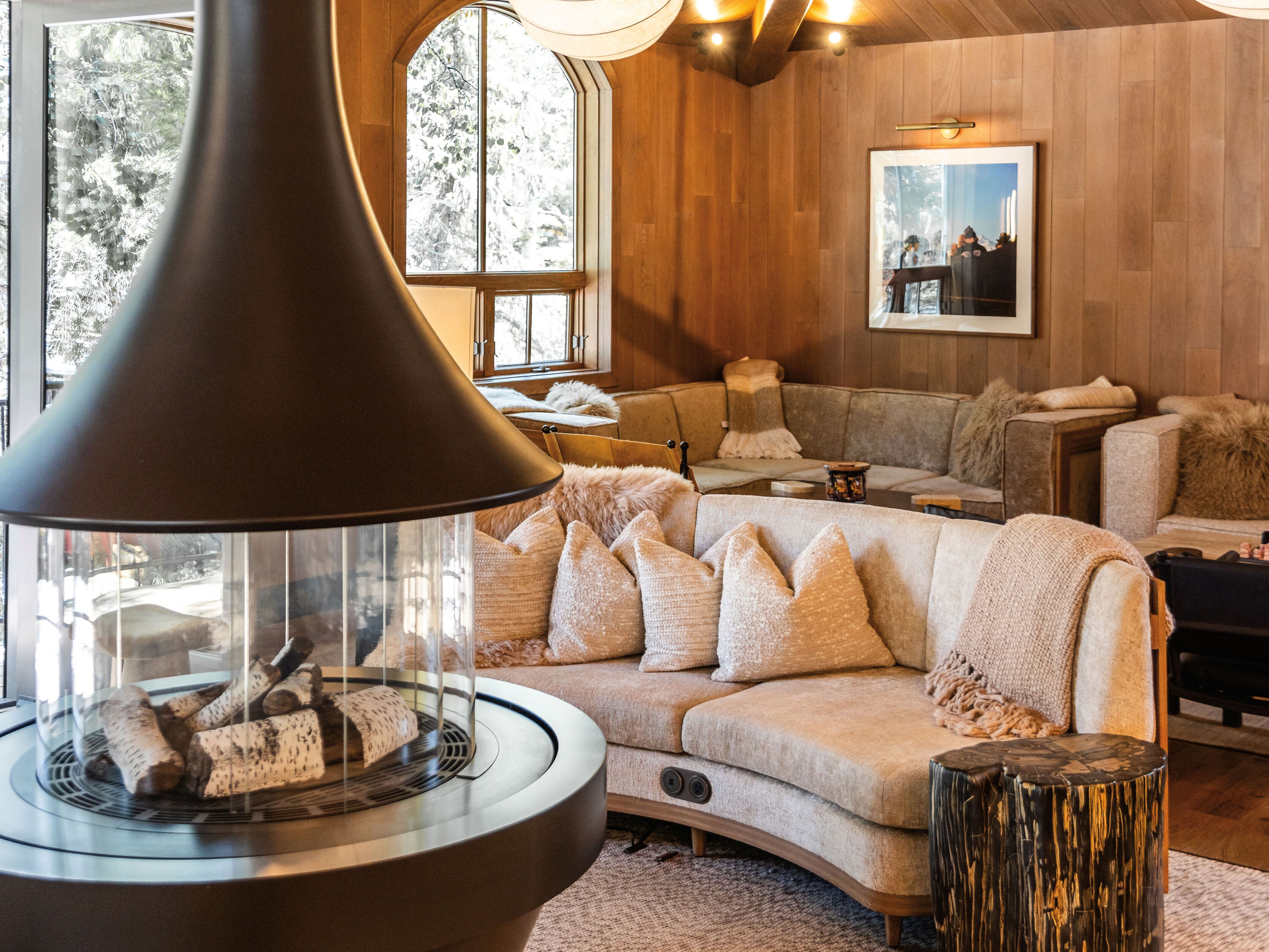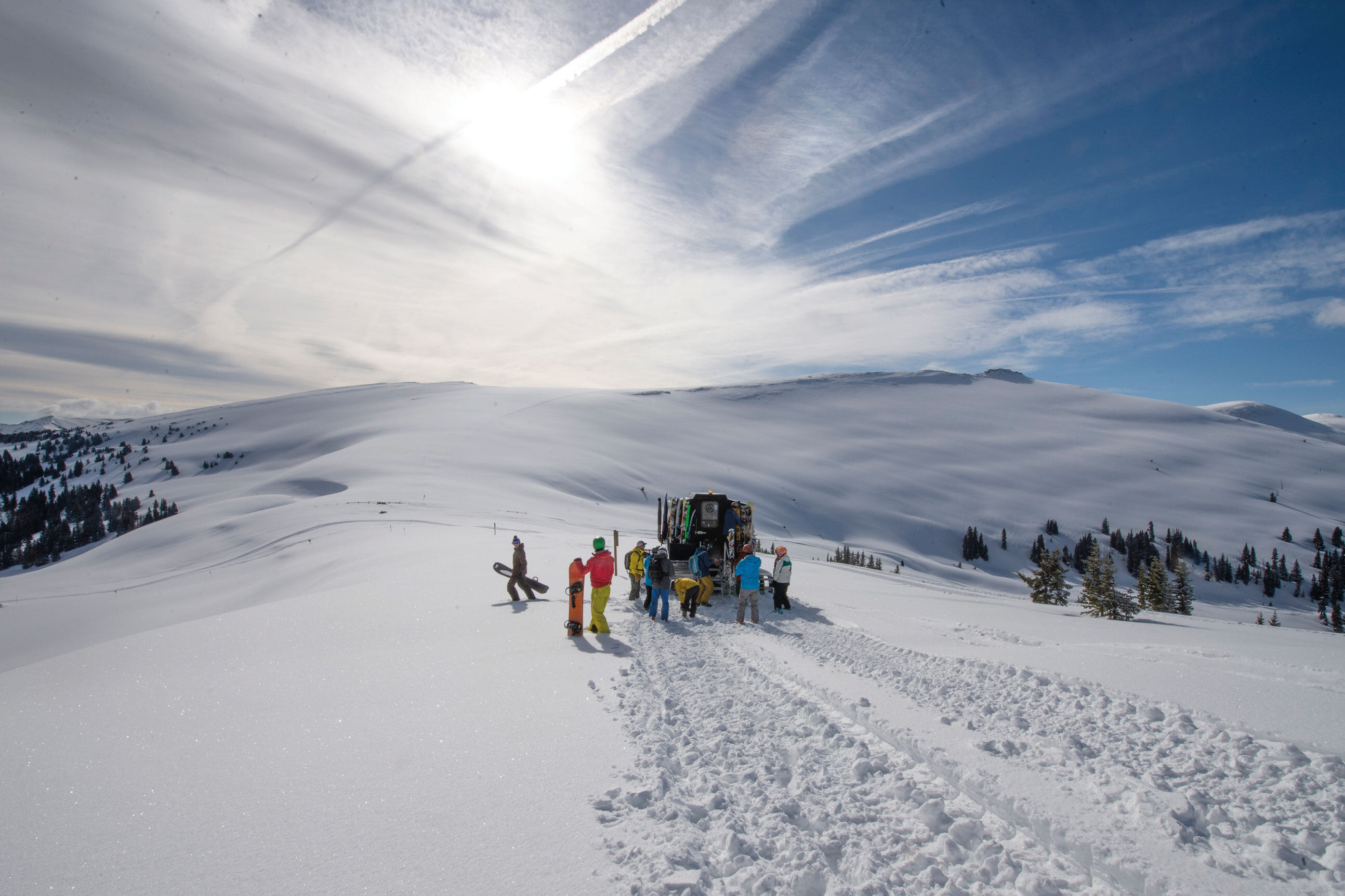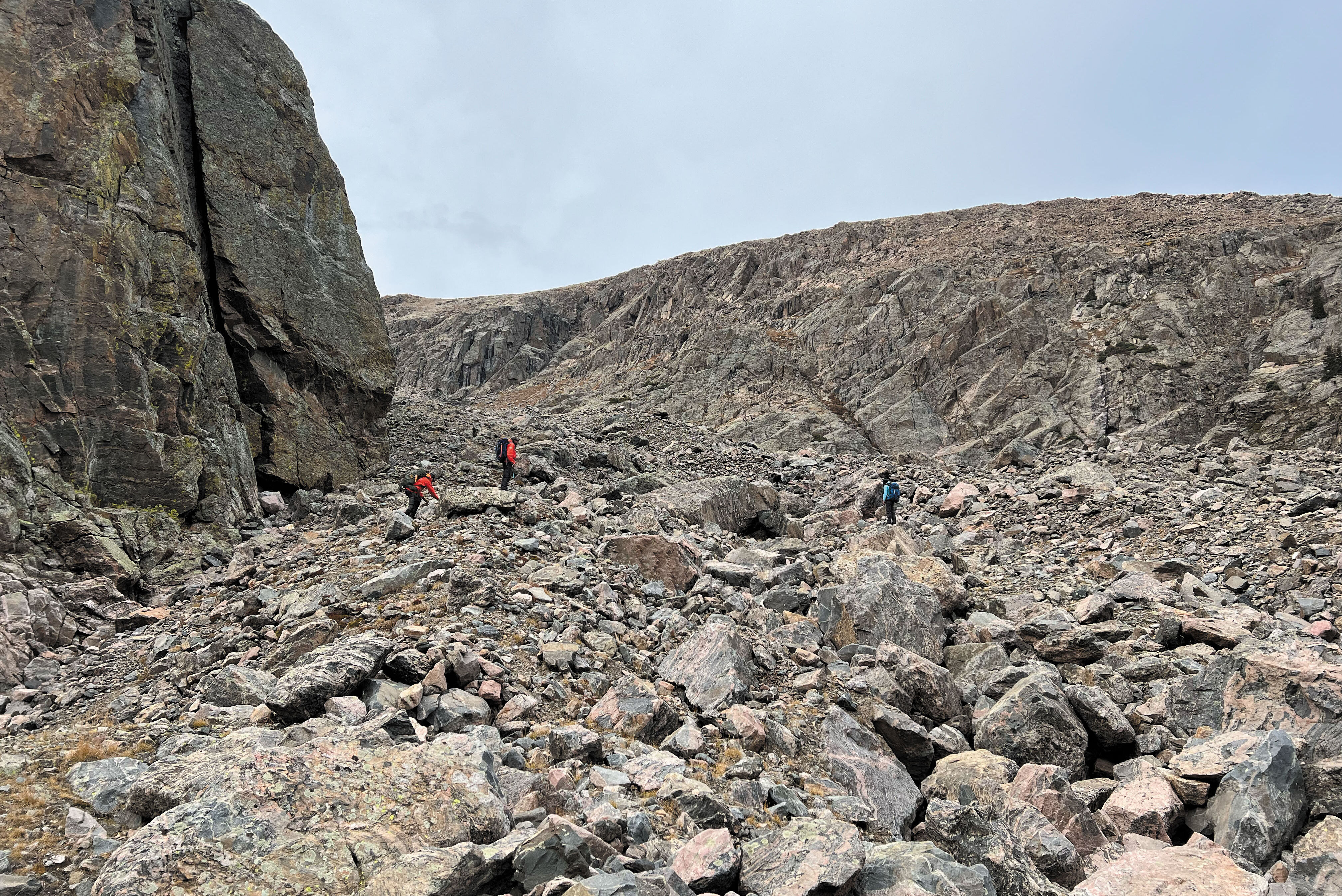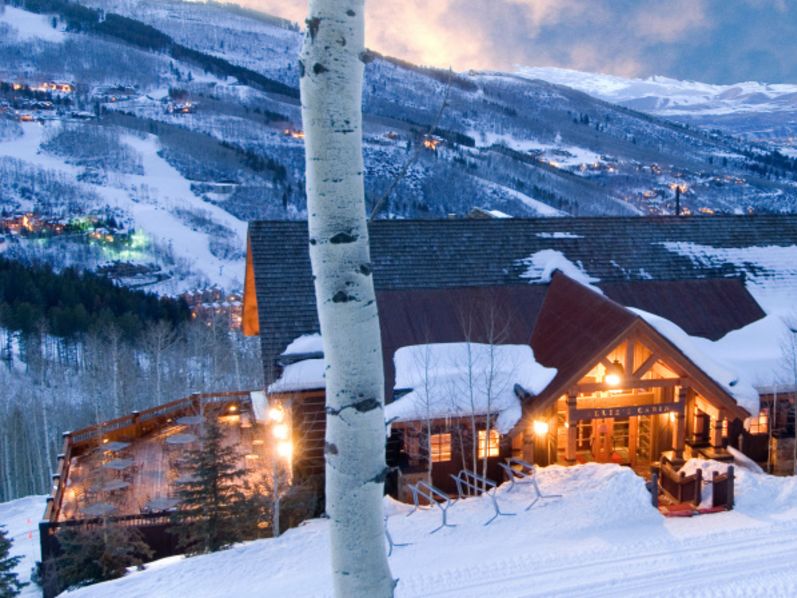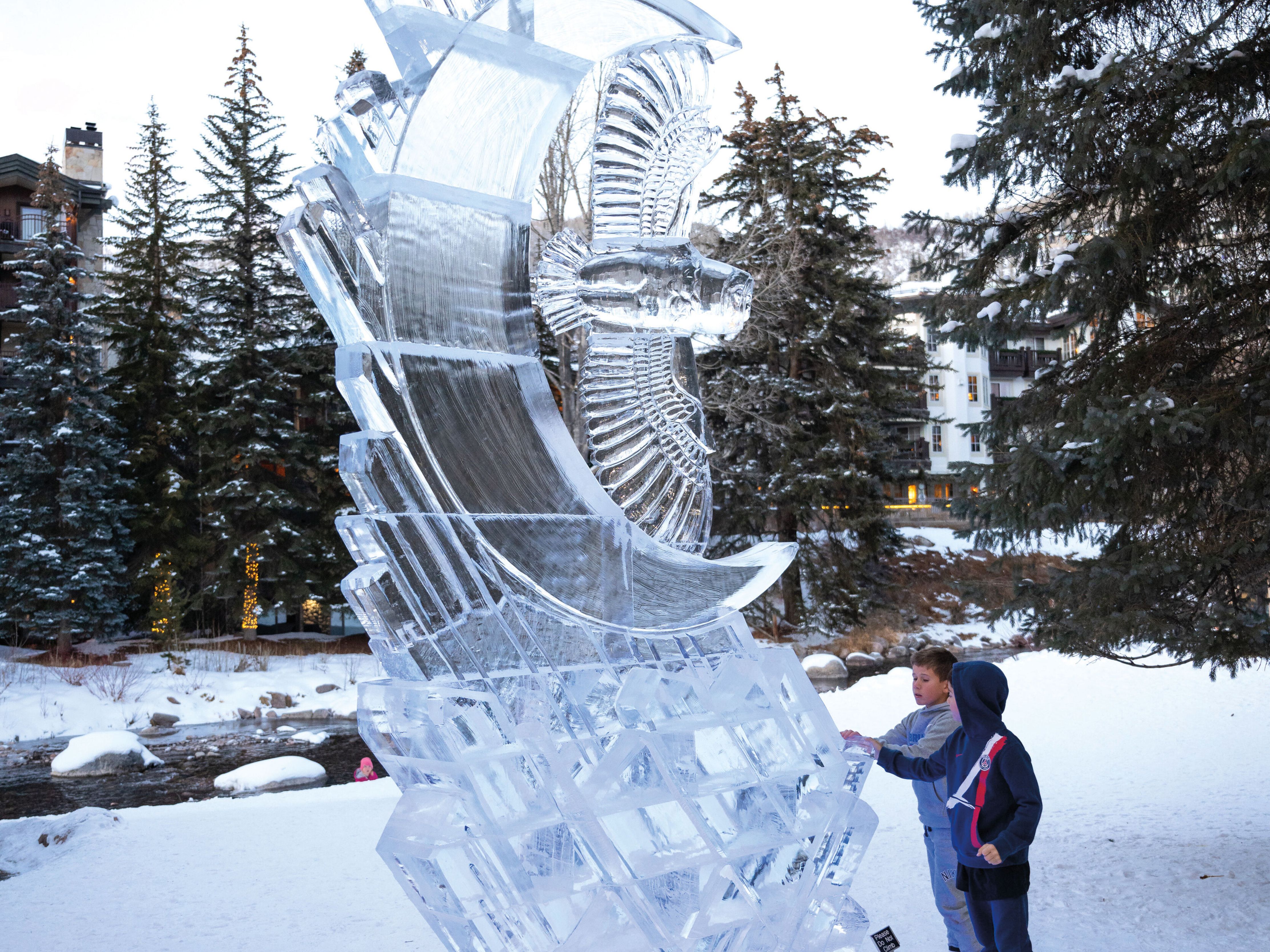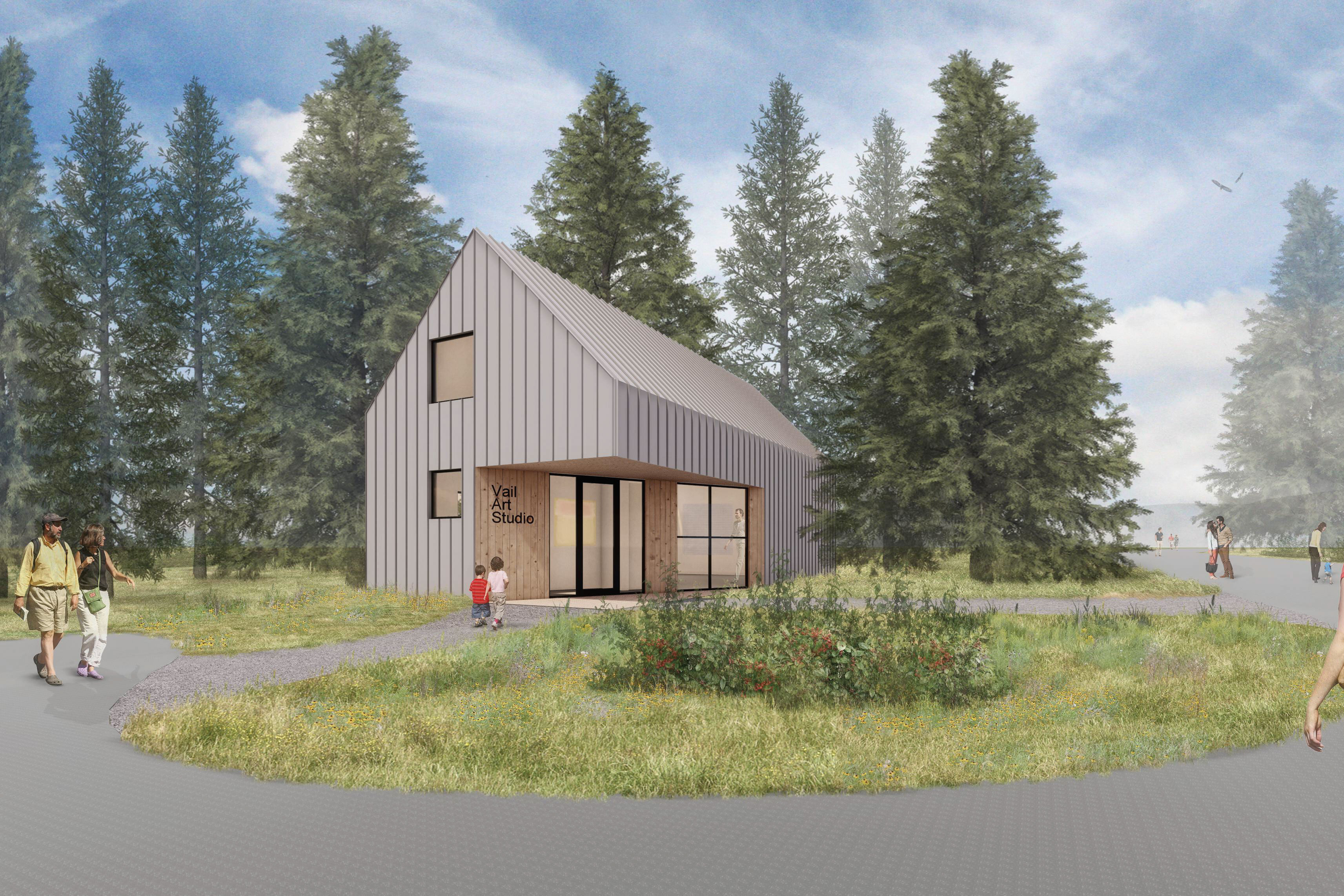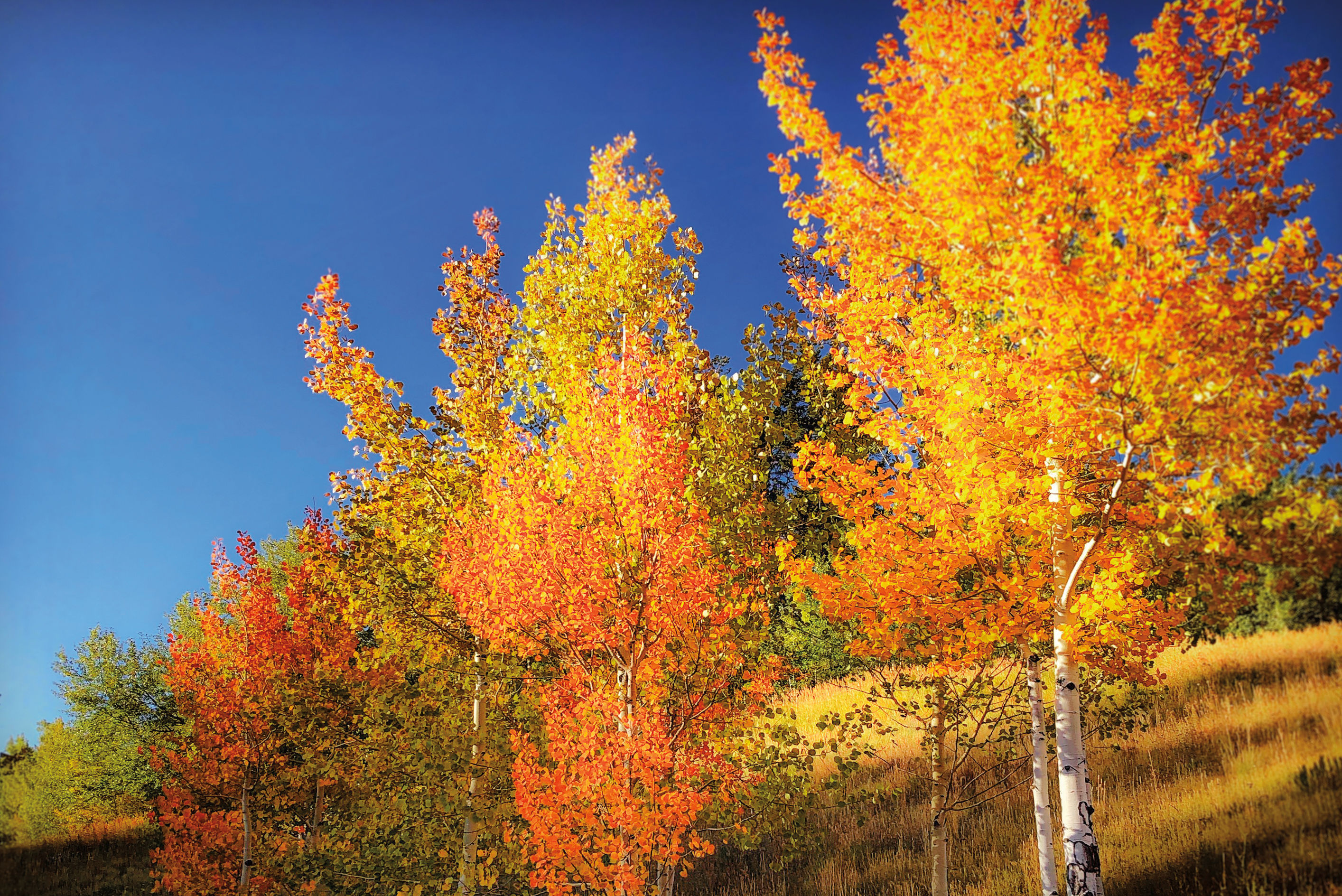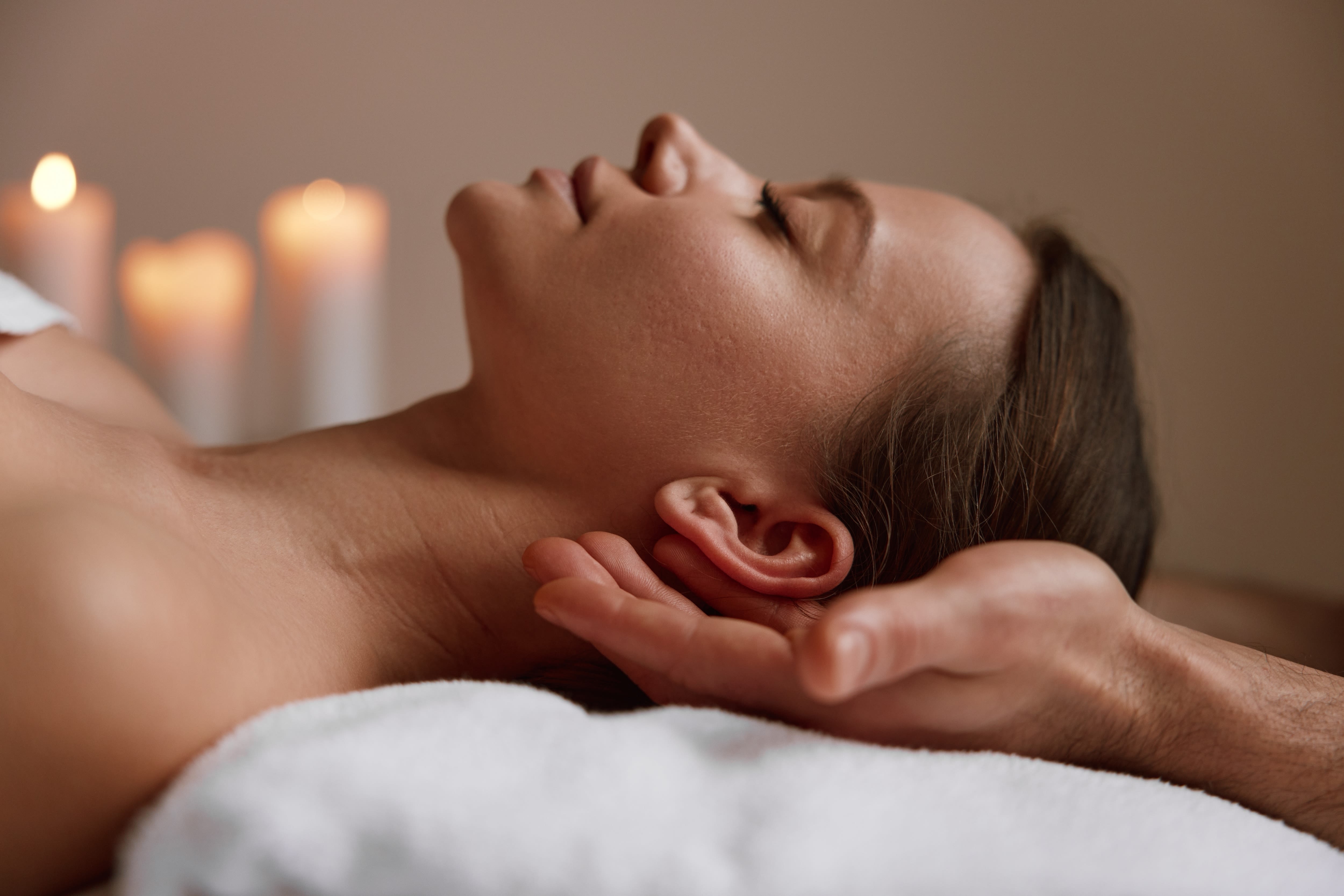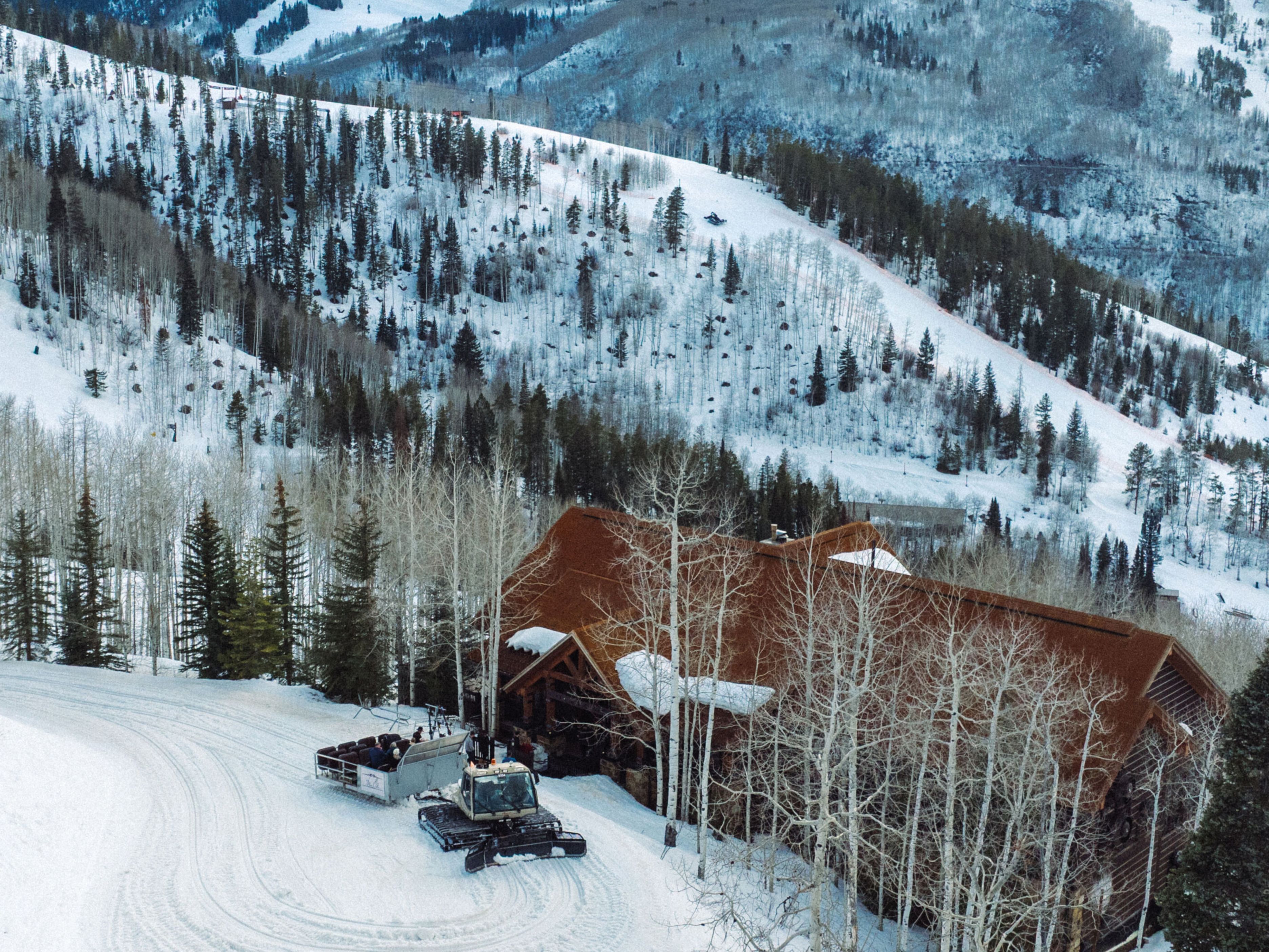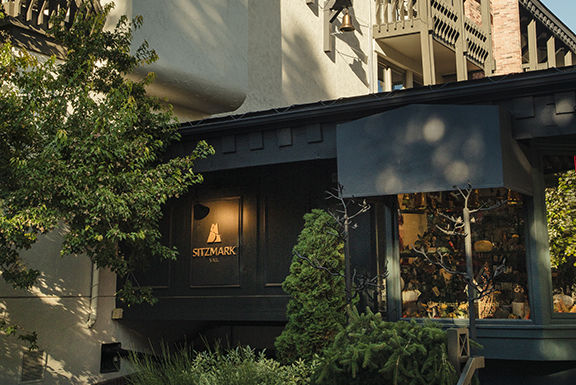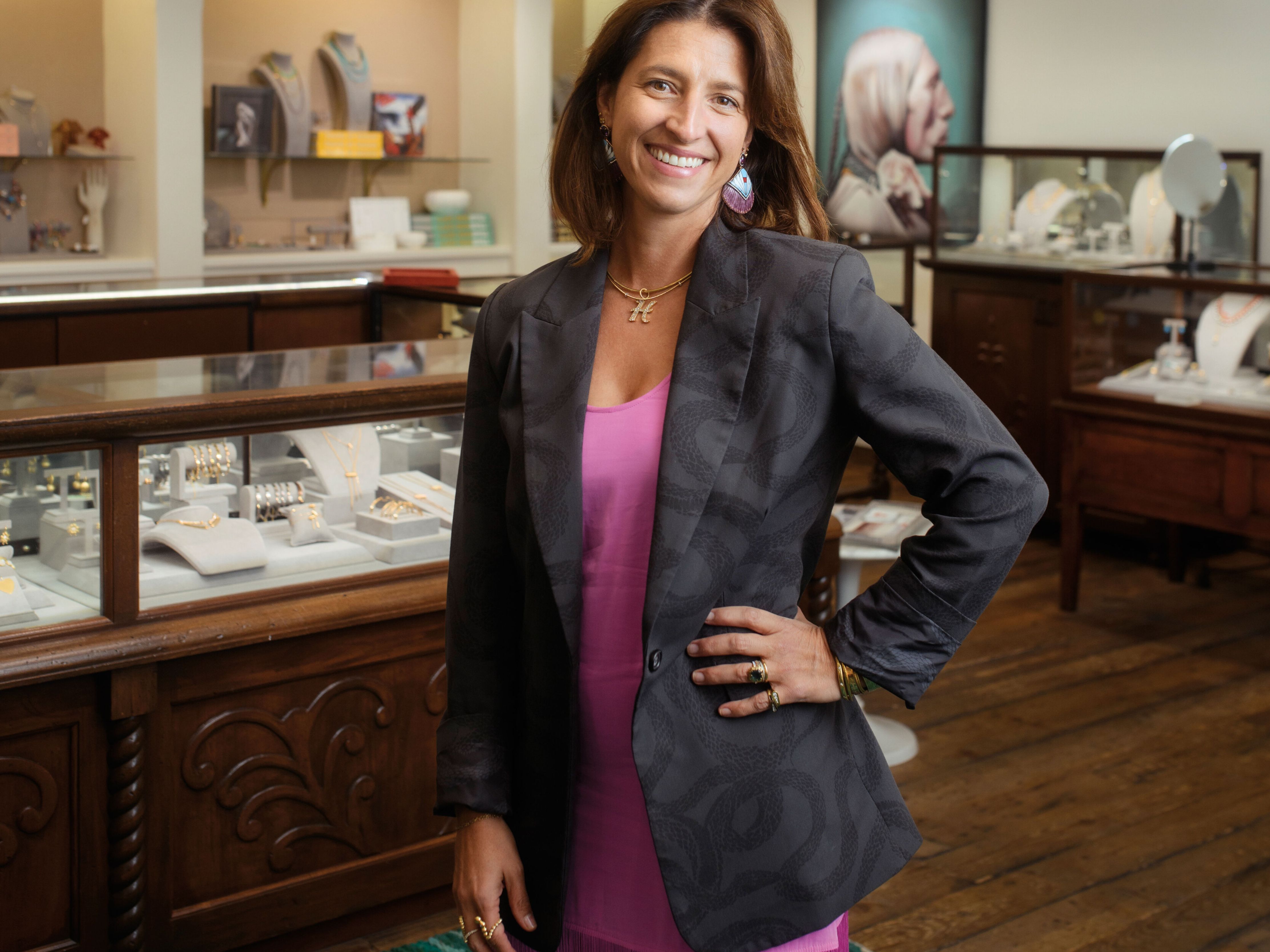Meet the Vail Heli Guide Who Helped Pioneer the CBD Industry
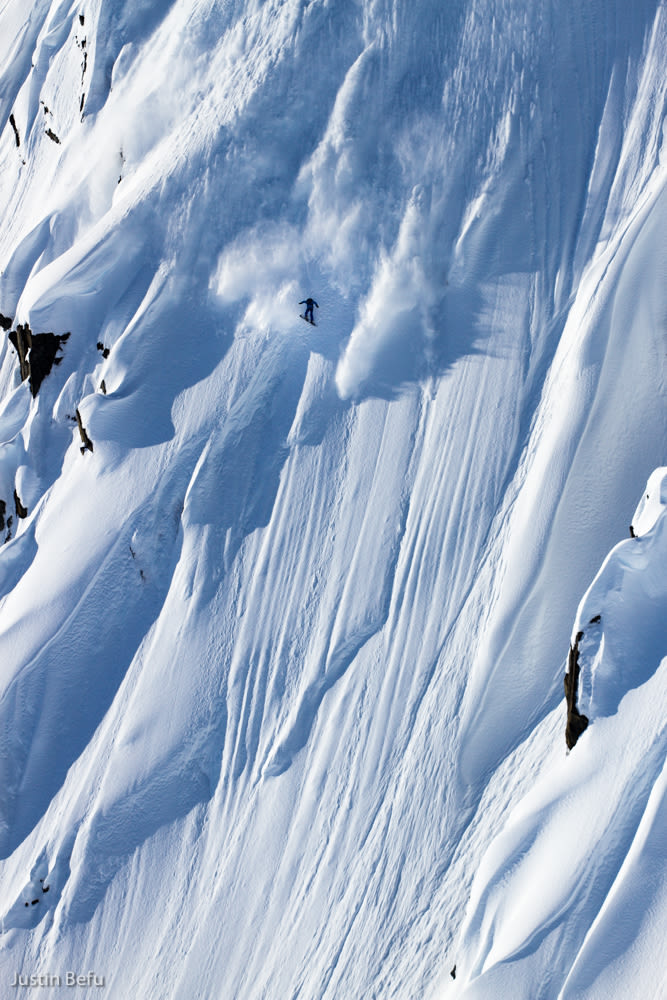
Will Spilo in Alaska.
Image: Courtesy Will Spilo
To chart the beginning of Will Spilo's evolution from professional snowboarder and big mountain ski guide to co-founder of CBD Luxe—a Denver-based cannabis company that sells a line of CBD tinctures, inhalers, and vape pens—you'd have to climb into a helicopter cockpit and transport yourself back nearly three decades in time to Haines, Alaska.
After spending his formative years in the late '80s and early '90s on a world tour that included starting snowboarding programs in Asia and competing on the big mountain snowboarding circuit in Europe, in 1992 Spilo made Vail his permanent address—as 'permanent' as an itinerant snowboarder can be. When he wasn't turning heads in Vail, Spilo was pioneering big lines in Alaska, partaking in the burgeoning (and raucous) heli-skiing scene that was shaking up the ski and snowboarding industry, thanks to film companies that featured professional skiers and snowboarders ripping down snowy spines outside Haines and Valdez. And partly thanks to Spilo, who found himself in demand for heli-ski guiding services around the area from the countless pros who were migrating north to be part of the action. "I really cut my teeth up there," he says. "I already had all my certifications, so when they started forming guiding companies I got hired immediately." And guiding immediately, namely with industry titan Matchstick Productions, which sought out Spilo's knowledge of the terrain for shooting mind-melting scenes with athletes like Shane McConkey and Wendy Fisher. He also guided French snowboarding legend Xavier de la Rue and alpine ski racer and freestyle skier Daron Rahlves, both of whom Spilo has taken on guided heli-trips in Alaska while he expanded his heli-ski guiding service over the years since he first landed in Haines to include tours out of Iceland and South America for thrill-seeking recreational skiers, as well.
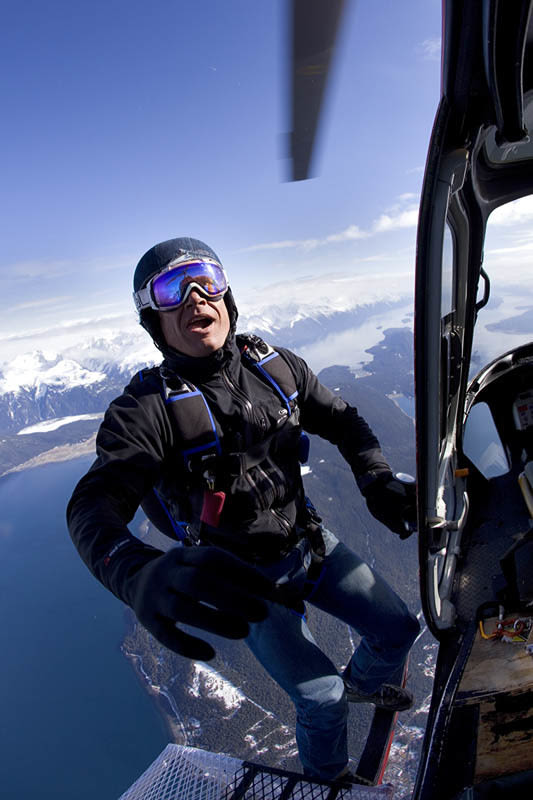
Spilo heli-ski guiding in Alaska.
Image: Courtesy Will Spilo
The 48-year-old Spilo, who lives part-time in Vail ("I still own my house in Vail," he says. "But I end up in Denver more often because of my business"), still guides (although he laughs that he's left the world of guiding for ski films to the "young bucks"), but inevitably, wear and tear injuries (including a broken back, reconstructed shoulders, and repeated MCL tears in his knees) over the years took their toll. "Around the time I turned 41, I spent a few years getting put back together and spending a lot of time at the Steadman Clinic," he says. "Someone told me about CBD, and it changed everything. We made a basic product line that we still sell today and we handed it out to a bunch of athletes to try, and the reception was tremendous."
It's important to note that consuming or topically applying CBD procures a vastly different effect than what's commonly associated with more traditional marijuana use—a distinction that Spilo emphasizes given that it would be impossible to do his job (guiding clients in dangerous backcountry terrain) otherwise. CBD oil, which differs chemically from THC (more commonly known as the chemical component of marijuana that gets you high) has picked up popularity more recently for its use in treating seizure disorders, anxiety, and aches and pain associated from inflammation. Comedienne and film star Melissa McCarthy even revealed that before this year's Oscars, she slathered her feet in CBD oil to make it down the red carpet pain-free in heels.
Spilo and many of his pro skier and snowboarder friends found similar results, and the added benefit of cutting back on habitual NSAID (non steroidal anti-inflammatory drugs, like ibuprofen), which are tough on your stomach and kidneys—fortuitously around the same time states like Colorado and Washington were starting to open their minds (and economies) to the marijuana industry. Public perception and outreach made things slow going at first, but Spilo's optimistic about the future of CBD in pain management, as an alternative to harsh drug treatment plans for athletes in years to come.
"People have a pretty good handle on what CBD is; now there’s publicly traded CBD companies, and the National Institutes of Health also took it upon itself to put out some great information and more studies on CBD use," he says. He also points out that attitudes are changing in the sports world, too, as more athletes are looking for pain management alternatives, and their sponsoring companies are renegotiating contracts to allow them to use (and promote) CBD products. "The real thing is now now it’s a matter of educating people on what a good product is," explains Spilo, who's CBD Luxe products can be picked up at dispensaries like Native Roots, or ordered online thanks to looser rules regarding CBD and hemp. "Our products bring out the main components of CBD, which are anti-inflammatory, anti-spasmodic, anti-anxiety, and anti-nausea, and there hasn't been anyone that's taken too much or had a bad side effect from it. We're just trying to provide a safe alternative for people seeking pain relief, and we feel pretty good about that."
And being a part of the newest niche of extreme sports, while he's at it.

